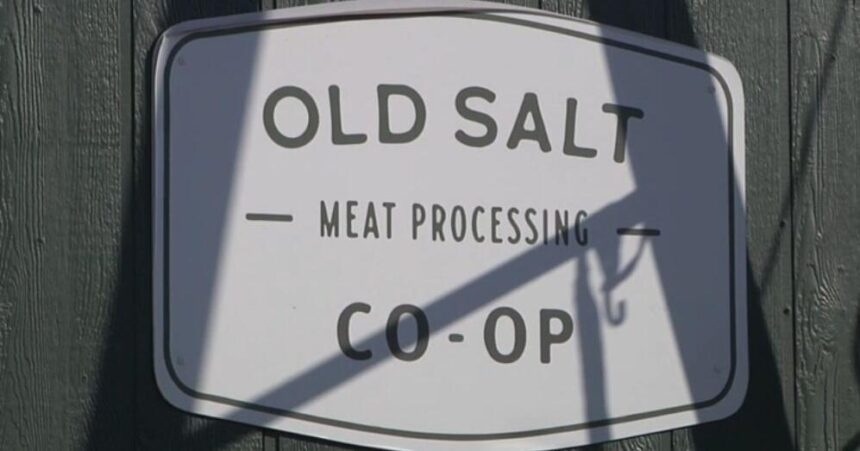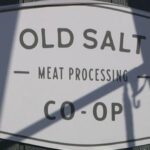MONTANA – A local ranching cooperative is set to expand its operations and market its products across state lines, thanks to a recent grant.
The United States Department of Agriculture awarded nearly $4 million to the Old Salt Co-Op, established in 2021, which brings together four ranches under a single brand.
Cole Mannix, founder of the Old Salt Co-Op, shared the plans made possible by the grant.
“We need a USDA facility. And one of the things we need for that is a bigger space. This is a half-acre. The other thing we need is a slaughter facility, which we don’t have here. So we purchased the property back in March, about 20 minutes north of Helena, where we can do all of that. And then recently received this USDA Meat and Poultry Processing Expansion Program grant to help build that new facility,” Mannix said.
The funding will contribute to the process of building a slaughter facility, essential for the cooperative’s growth. According to Kathleen Williams, Director of Rural Development with Montana USDA, this expansion will benefit both consumers and the economy.
“This award of funding will help not only consumers by having more choices to purchase meat and other, processed, animals, but also help the Montana economy, the agricultural economy, because ranchers will have another source to market to that’s local,” Williams said.
The USDA grant will cover about one-fifth of the total costs for the new facility and is expected to create nearly 30 new jobs. This expansion will provide more choices for producers to sell their beef and for consumers to support local Montana ranchers.
“It just adds one more layer to the choices that those producers have on where to sell their, their beef. But also, where consumers have more choice and, choosing to support Montana’s economy and local ranchers and support ranchers that are raising animals on the land sustainably, and humanely,” Mannix said.
While the expansion is years away from completion, the co-op has already obtained USDA certification. This allows them to operate under a new permit, marking the beginning of their statewide and potentially national expansion.
Mannix highlighted the need to restructure the market for the benefit of producers. “There’s this very consolidated market where power is kind of all on the retail and processing end. And we want to distribute that to the point to where producers can return more value to the stewardship of land,” Mannix said.






